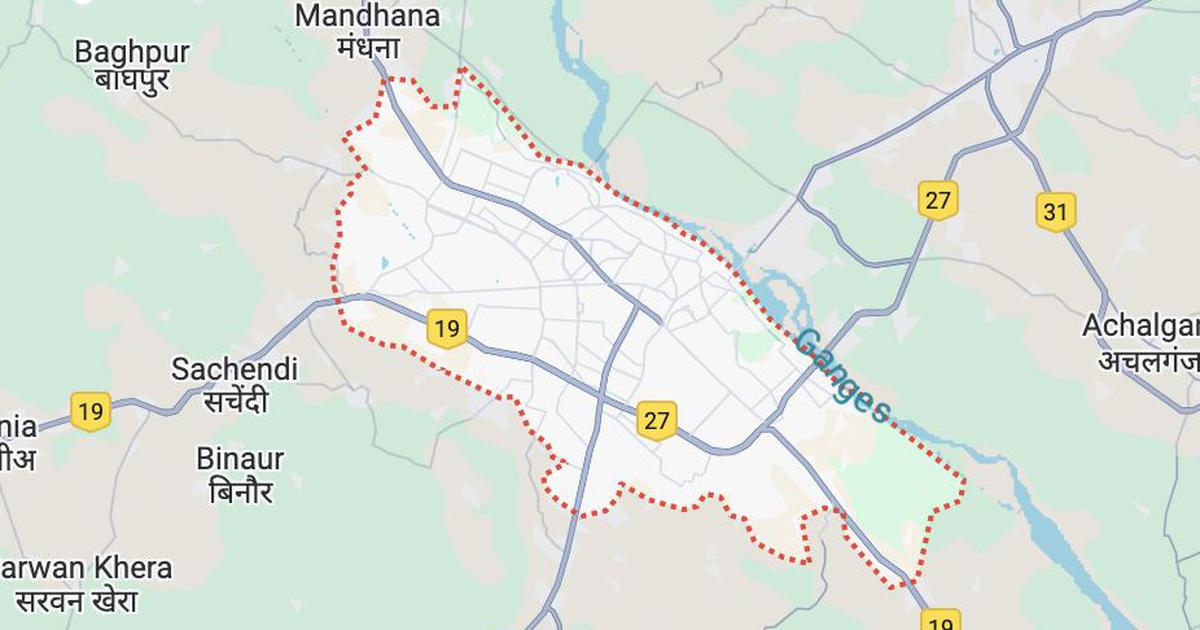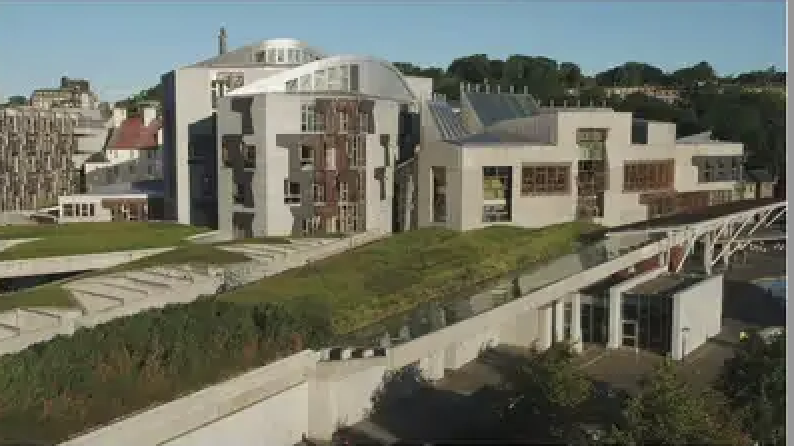Rejecting the pleas for paper ballot voting, complete EVM-VVPAT verification, and physical deposit of VVPAT slips, the court observed, “Blindly distrusting a system can lead to unwarranted suspicions.”

The Supreme Court rejected the petitions seeking 100% verification of the data in Electronic Voting Machines (EVMs) with Voter Verifiable Paper Audit Trail (VVPAT) slips on Wednesday, April 24. The bench of Justices Sanjiv Khanna and Dipankar Datta, in their concurring judgement, passed two directions — after the completion of symbol loading process, the Symbol Loading Unit (SLU) should be sealed and stored in a strong room for at least 45 days and the one-time programmed memory in the microcontroller of EVMs should be checked by a team of engineers after the declaration of results, if any candidate makes such a request within seven days of the declaration of results.
SLUs are equipment that upload the symbols and names of candidates who are contesting in a particular constituency onto the VVPAT machine.
Rejecting the pleas for paper ballot voting, complete EVM-VVPAT verification, and physical deposit of VVPAT slips, the bench observed, “Blindly distrusting a system can lead to unwarranted suspicions. While a balanced perspective is important, blindly doubting a system can breed scepticism and thus meaningful criticism is needed. Be it judiciary, legislature, etc, democracy is all about maintaining harmony and trust among all the pillars. By nurturing a culture of trust and collaboration we can strengthen the voice of our democracy.”
This story was originally published in thenewsminute.com. Read the full story here.






